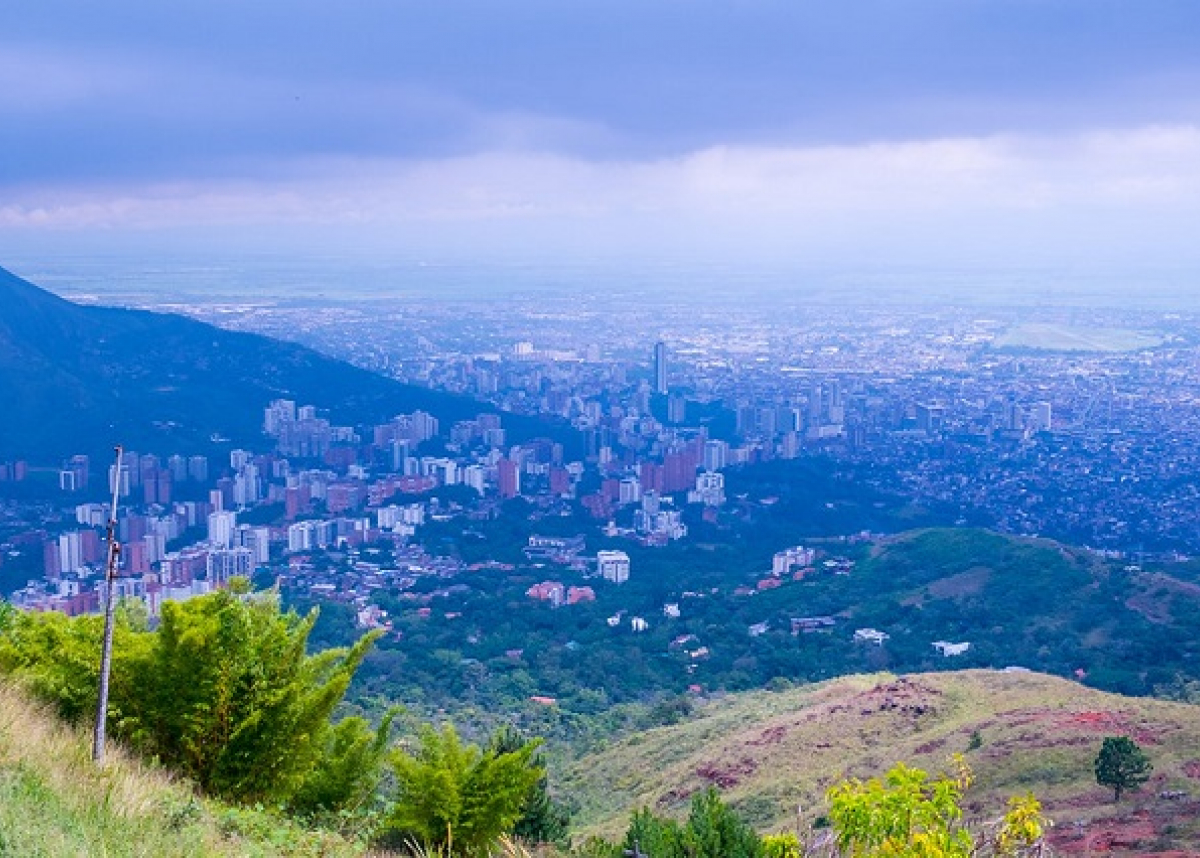
New PEAK research sheds light on green space, street usage, community action and other key drivers of wellbeing that could allow cities to chart a healthier path, reports John Surico.

This blog first appeared on The Wire Science on 23 March 2020.
Social distancing has become the primary strategy to contain the coronavirus outbreak, with countries such as Italy enforcing complete restrictions, and others like India issuing a range of advisories on avoiding non-essential contact, and restricting large gatherings and events. Social media is also abuzz about how to avoid boredom at home. However, there are a variety of occupations, mostly informal, which involve acute social contact and are still running full swing around us.
Consider, for instance, auto-rickshaw and taxi drivers, staff in private buses, barbers, janitorial staff, lift operators, traders in wholesale markets, street food vendors, construction workers, loading and unloading workers, sex workers, garment factory workers, and so on. For these workers, social distancing is contradictory to the very nature of the job. Wishing to keep a ‘safe distance’ from people by staying at home would mean losing income, perhaps the job altogether.
There are three key dimensions involved – health, income and employment. It is possible for some, such as tech workers, to take health precautions (social distancing), receive income as paid sick leave and still be able to retain their jobs. The experiences in informal employment are mixed. Some, such as domestic workers or home-based workers, may be able to stay at home and lose income but with some marginal assurance of retaining their jobs. Others may go out and earn, retaining their jobs but risking their health.
While tech workers and other white-collar professionals enjoy a ‘win-all’ with health, income and employment, there are large swathes within the informal workforce who face a ‘lose-all’ on all three fronts. Win-alls constitute a small privileged minority of the workforce and would lose little. However, the health-income-employment triple insecurity faced by the lose-alls grows exponentially as they live in densely-populated urban neighbourhoods where diseases spread much faster, generating further income losses and job uncertainties.
Clearly, the disparity between the prospects of win-alls and lose-alls maps perfectly with their respective general socio-economic conditions as determined by class, caste and gender identities. The current pandemic can significantly worsen the existing and expanding inequalities in Indian economy and society. Inequalities of health, income and employment even within the informal workforce can expand, with some informal workers at lower risk and others at higher on the three counts. This is as much a socio-economic inequality issue as much as a public health dilemma.
After the dust settles and restrictions are relaxed, the win-alls as well as others lying towards the more privileged end of the means spectrum should be able to hop straight back to their routines with their health, wealth and job security intact. The lose-alls and those proximate to that extreme will be more susceptible to illnesses, loss of income and job insecurity – and quite likely all three together. The latter group is trapped in an adverse equilibrium with the unjust choices of risking their health if they go to work, risking their income if they don’t go to work, and risking their employment if the COVID-19 lockdown continues.
Today, a pandemic. Tomorrow, a natural disaster, a chemical spill or some socio-political unrest. There’s always some disruption around the corner. So for as long as informal jobs are the norm in our economy and as long as we cannot practically lockdown the entire country, the way ahead is to install measures to improve social security.
State and society cannot throw up their hands in helplessness or stay blind to variations in vulnerability among informal workers. It must facilitate structural changes through dialogues in policy, academia and other spheres. There is no single solution, especially not just direct monetary transfers. Solutions should include, as Kerala has demonstrated, delivering meals to homes with children and the aged and creating employment insurance options for informal workers. A drivers’ association in Bengaluru has requested Karnataka to waive some part of their taxi loans during the outbreak period as a form of assistance and to help mitigate their indebtedness.
The government’s advisories about restricting social contact are indeed important but such measures are economically risky for so many who face a choice between the devil and the deep-sea. Social distancing is impractical for the tens of millions without social security.
Neethi P. works on labour and informality at the Indian Institute for Human Settlements, and Anant Kamath works on issues of technology and society at the Azim Premji University, both in Bengaluru.